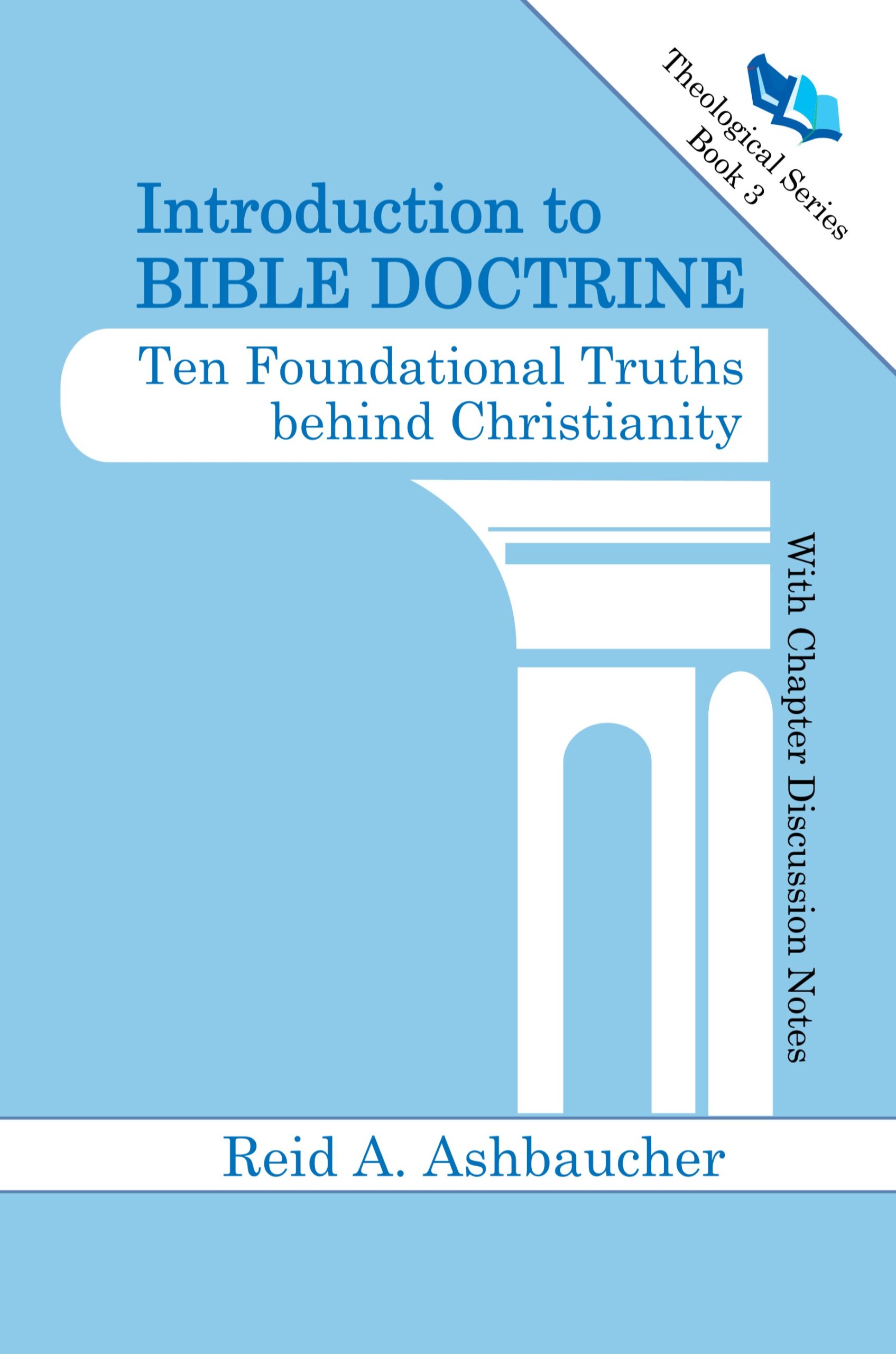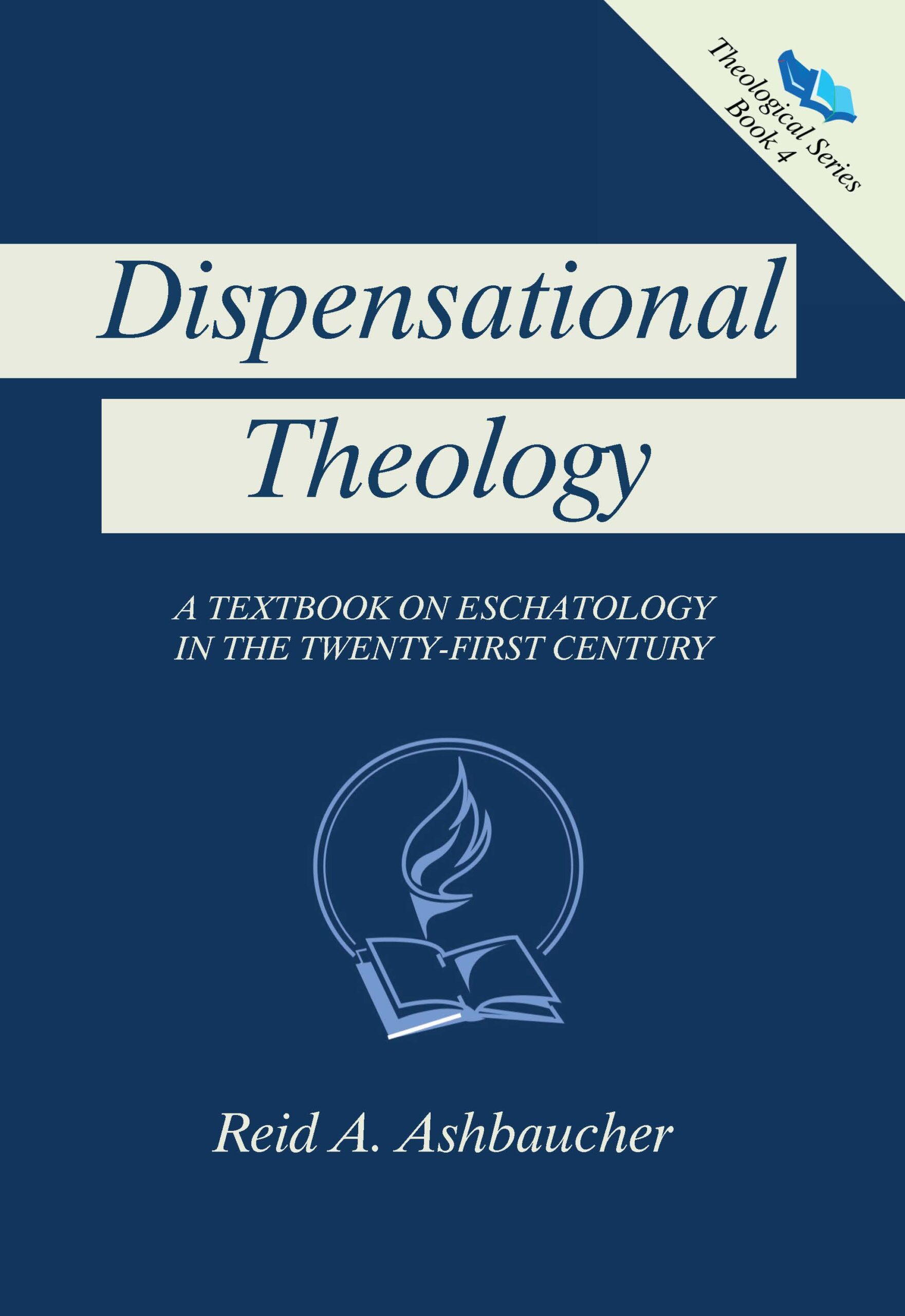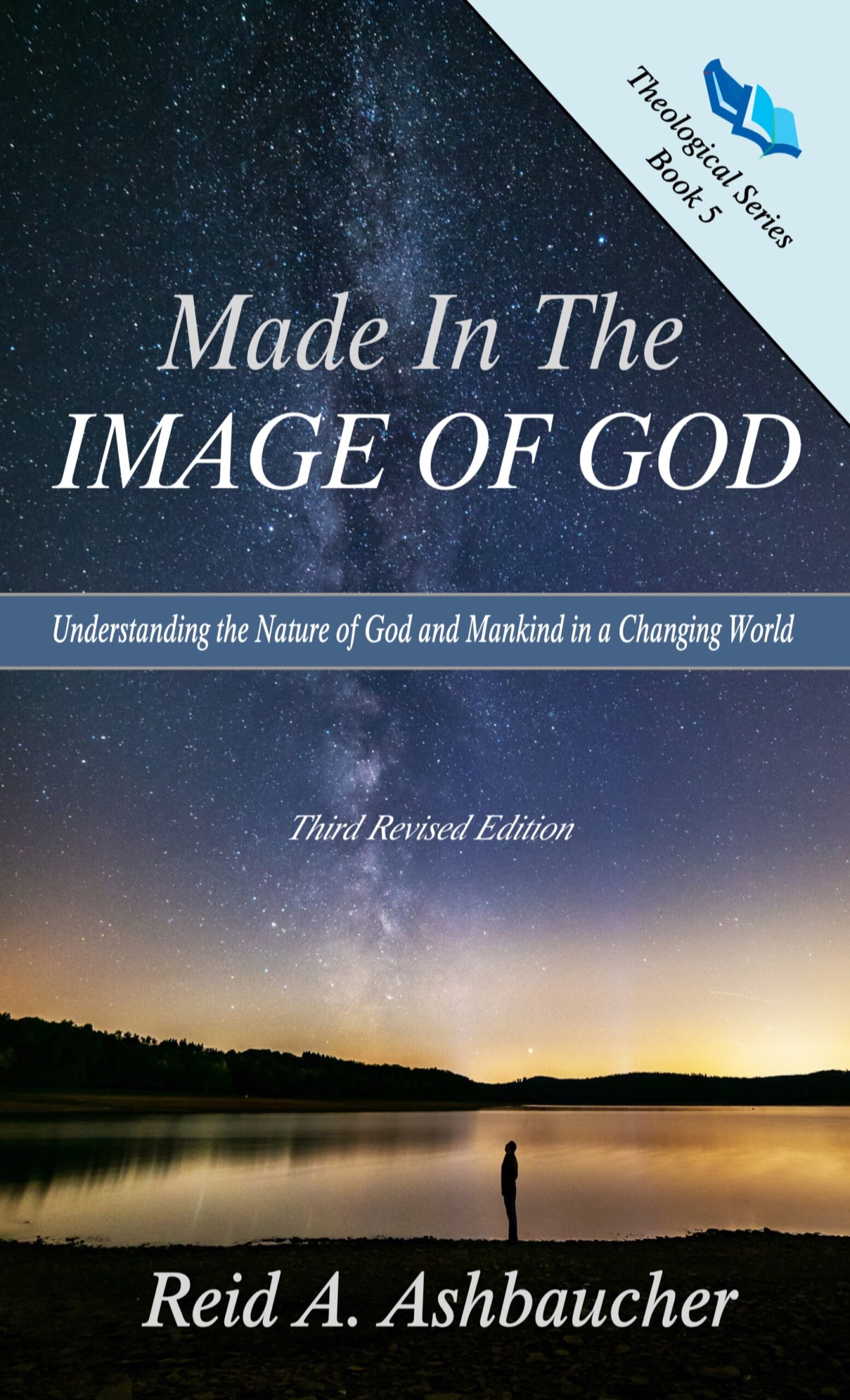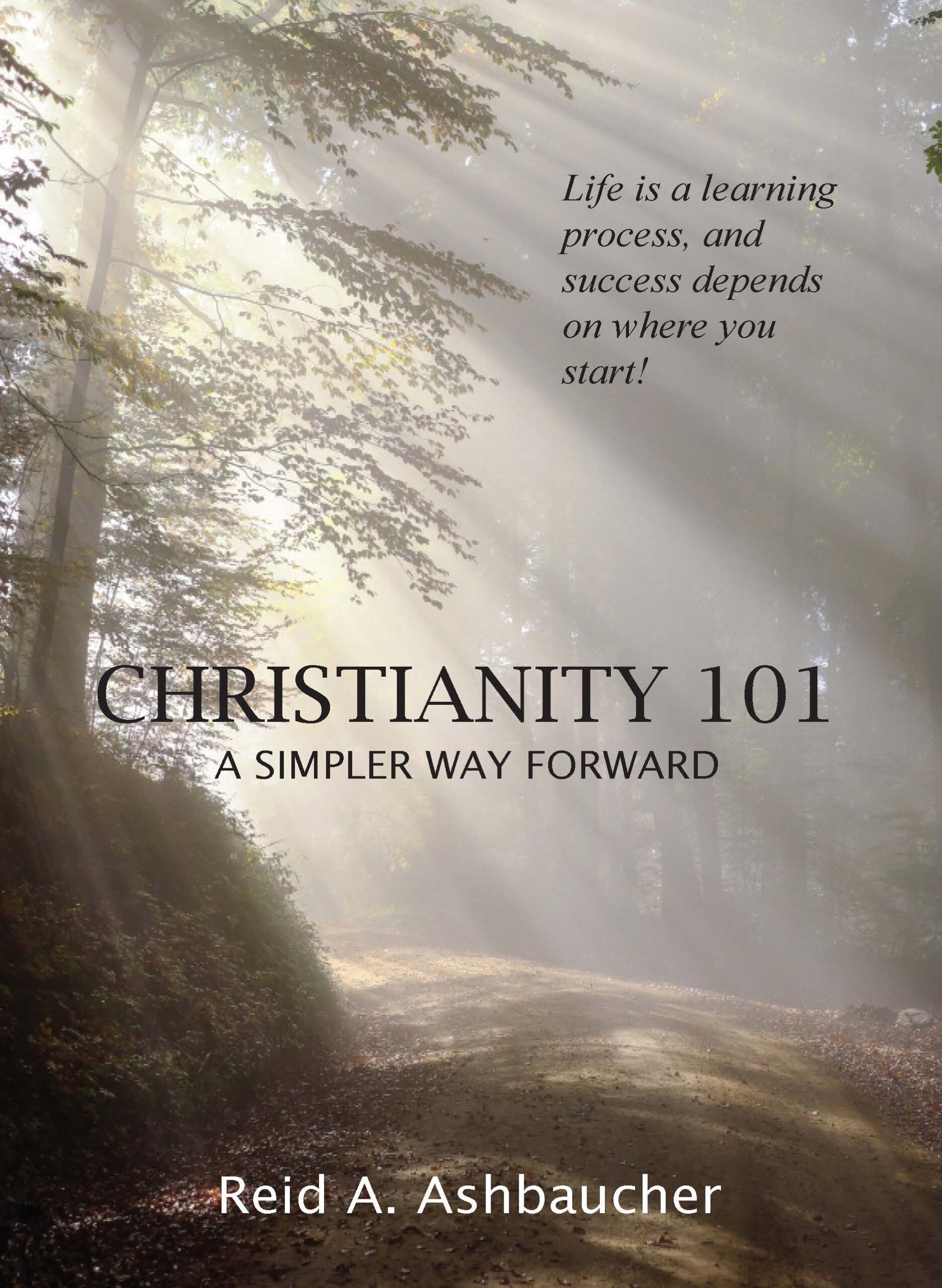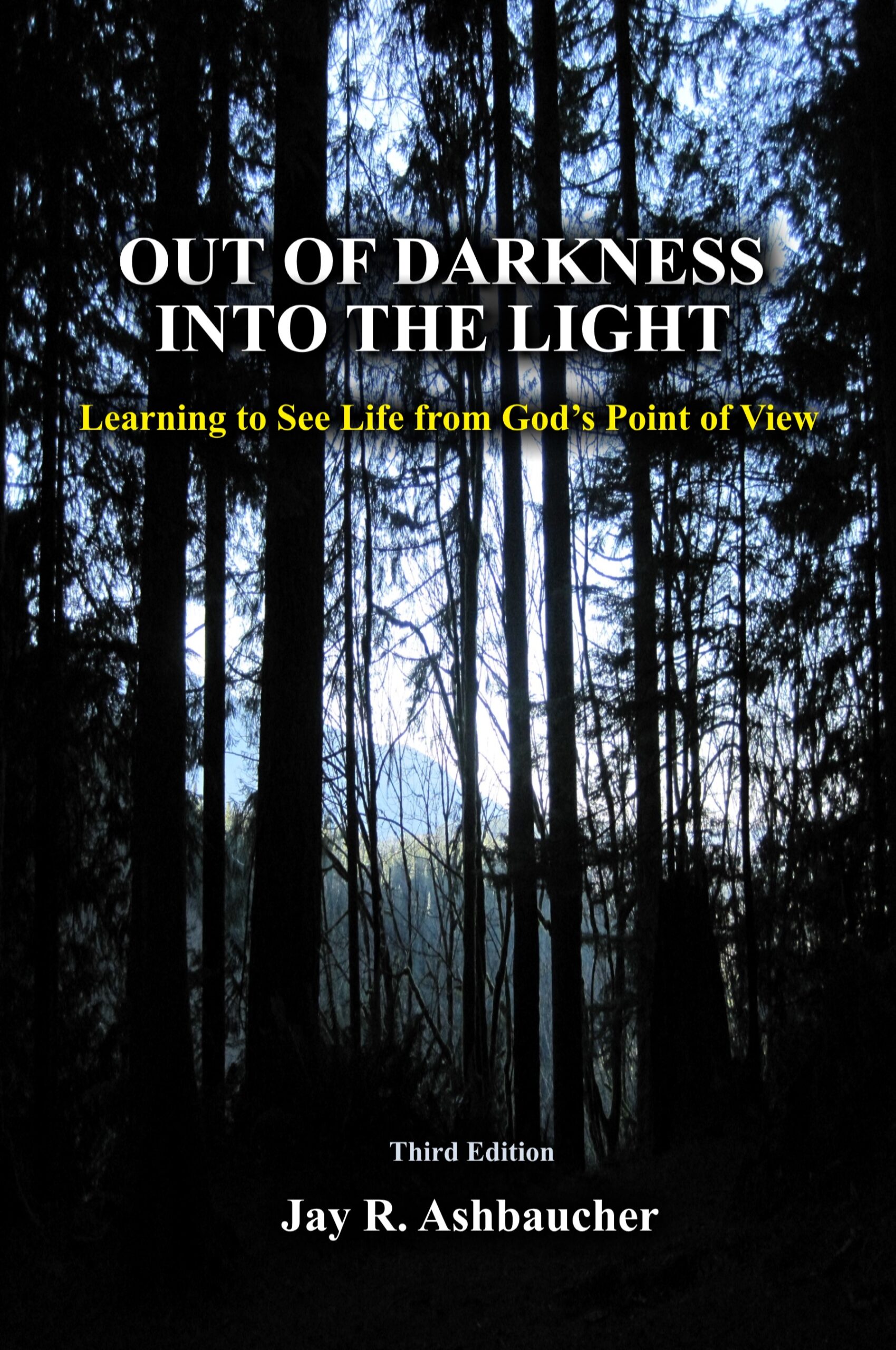July 5, 2021 | By Jay Ashbaucher
I fear I may have just lost lots of my readers by using the word controlled. Many do not want to be controlled by anything. We like to think we are free to control our own lives and can choose to live as we please. I beg of you to think again. Whether we like it or not, we are all controlled by something. For example, we are controlled by hunger and we must get to a food source or we are in danger of death by starvation. We are all controlled by whatever government we are under and must obey its laws, like paying taxes, or we suffer consequences. Recently, a world-wide pandemic controlled us and most people felt forced to abide by certain behaviors to survive. Everyone is controlled by something outside of themselves. As much as we like to think we are free to do our own thing, perhaps the only freedom we do have is the freedom to choose what we will allow to control us. However, it seems we cannot escape good versus bad choices. We can choose to go against and not comply to some of those outside controls, but we do so to our own hurt—bad choice. Or we can choose to submit to things that we deem good for us and find our lives are better for it—good choice. Unfortunate are we, if we lose all freedom of choice, and for many, that has happened.
Assuming we are free to choose, the question is what will we allow to control us? As the title of this article implies, will we allow ourselves to be controlled by love, or not? The title controlled by love is actually derived from the Bible (NASB), and is found in 1 Corinthians 5:14. When we examine the idea in its context, we find that the actual statement from which this title is derived was made by an apostle (sent one) of Christ Jesus. He says, “For the love of Christ controls us”. He makes the statement about himself and he includes others who also are disciples (followers and learners) of Christ. What does he mean by the love of Christ, and what does he mean by it controls us?
The love of Christ can mean the love his true followers have for him, but it assuredly also means the ways Christ has loved, not only them, but all people. Persons love Christ when they experience his love. When looking at the verses in the chapter surrounding this statement, we find many ways in which Christ Jesus has loved us. One of the ways plainly states that Christ “died for all and rose again on their behalf” (2 Cor. 5:14-15). This death and resurrection of Christ Jesus made it possible for all people to be reconciled with God. Our text says “God was in Christ reconciling the world to Himself, not counting their trespasses against them” (2 Cor. 5:18-19). Jesus loved us by voluntarily obeying God’s will in death on a cross, making it possible for God to forgive us so we could be at peace with God and not be separated from God and his eternal kingdom. According to 2 Cor. 5:10, each of us will be judged by God for what we have done, whether good or bad. God made Christ, “who knew no sin to be sin on our behalf that we might become the righteousness of God in him” (2 Cor. 5:21). Reconciliation is possible for all people through Christ’s love, but it’s not automatic. We must take the step to be reconciled to God (2 Cor. 5:20).
Furthermore, when we are reconciled to God, Christ loves us through the miraculous power of his Spirit that is put into us to make us into a new creature (2 Cor. 5:10). In Him, old things passed away and new things have come (2 Cor. 5:17). The blessings of Christ’s love guarantee us a new heart, a new and better life, a life that is eternal, and a new resurrected body that will be fit to live in a place he is preparing for us on a new earth that will be made for our habitation (2 Cor. 5:1-5; Peter 3:13). Christ’s love gives us a faith to believe, a hope to sustain us in tough times, and of course, God’s love for Him, for ourselves, our family, our neighbors, our community, and our world.
What does it mean that the love of Christ controls us? The meaning is given in 2 Cor. 5:15 which tells us that “he died for all, so that they who live might no longer live for themselves, but for Him who died and rose again on their behalf”. Becoming a new creation in Christ means that we have died to our old way of life and now we want to live for the one who loved us. Because he loved us, and died for us, and saved us from our sins and from God’s judgment and death, we now love him. It’s like we might feel toward someone who saves us from drowning, or pulls us out of a fire; we are deeply grateful to them for rescuing us. We feel great love for Jesus because of his grace and mercy in dying for us so we could be reconciled to God and be changed and transformed by his Spirit to a new way of life. Our new ambition is to be pleasing to him (2 Cor. 5:9). We please him by willingly living the life he teaches us to live, a life of loving him and others, and doing good to all people. We are now ruled by love, and with his divine help, we gladly share the message of his love with the world around us by our Christlike example of living, and by telling the reason for our new life to those who will hear all about how we’ve been loved by him.


